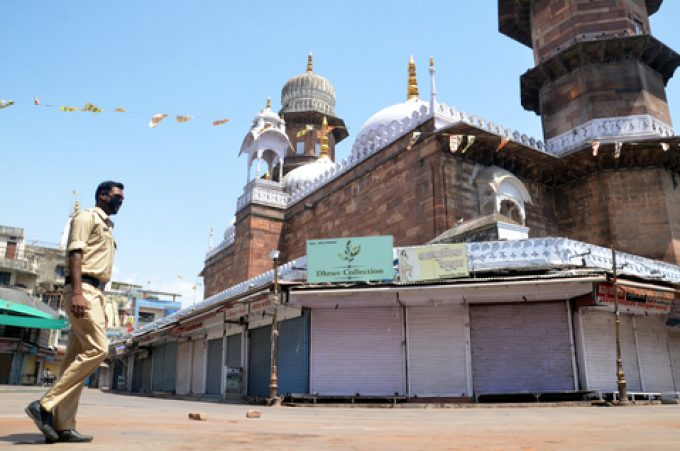'Strong uptake' after Turkon Line launches Turkey-Red Sea-India service
Turkey’s Turkon Line is positioning itself in India with long-term growth ambitions, as container industry ...

The world’s largest ever population lockdown has led to a string of supply chain disruptions in India.
In a bid to tackle the country’s coronavirus outbreak, around 750 million people are subject to travel and work restrictions, currently until 31 March,
“Effective tonight, 80% of India will be under complete lockdown – everyone is working from home,” said Naveen Prakash, director of Global Logistics Solutions India.
“Warehouses are deserted and, while there is permission to move export-import cargo, truckers are being careful, due ...
Maersk Air Cargo sees volumes fall as it aims for 'margin in favour of revenue'
Keep our news independent, by supporting The Loadstar
Container spot rates diverge: to Europe still falling, but firmer to the US
Hapag-Lloyd won't take bookings if port congestion leaves cargo stranded
Ecommerce likely the front-runner in resurge of transpacific trade after deal
China-US trade tariff pause could drive a rebound for transpacific rates
Airfreight players eye new routes as demand on the transpacific nosedives
Volume surge and an early peak season? 'Don't celebrate too soon,' warning
Service chaos from trade ban with India a problem for Pakistan shippers
Airfreight rates ex-China 'loss-making', but hopes of a trade deal stay high
Indian coastal freight attracts major carriers, but regional tension disrupts
Serious threat to jobs in US logistics as tariffs cause economic 'stagflation'


Comment on this article